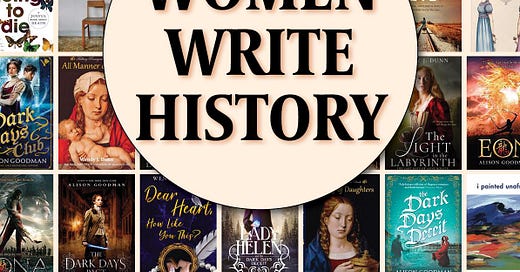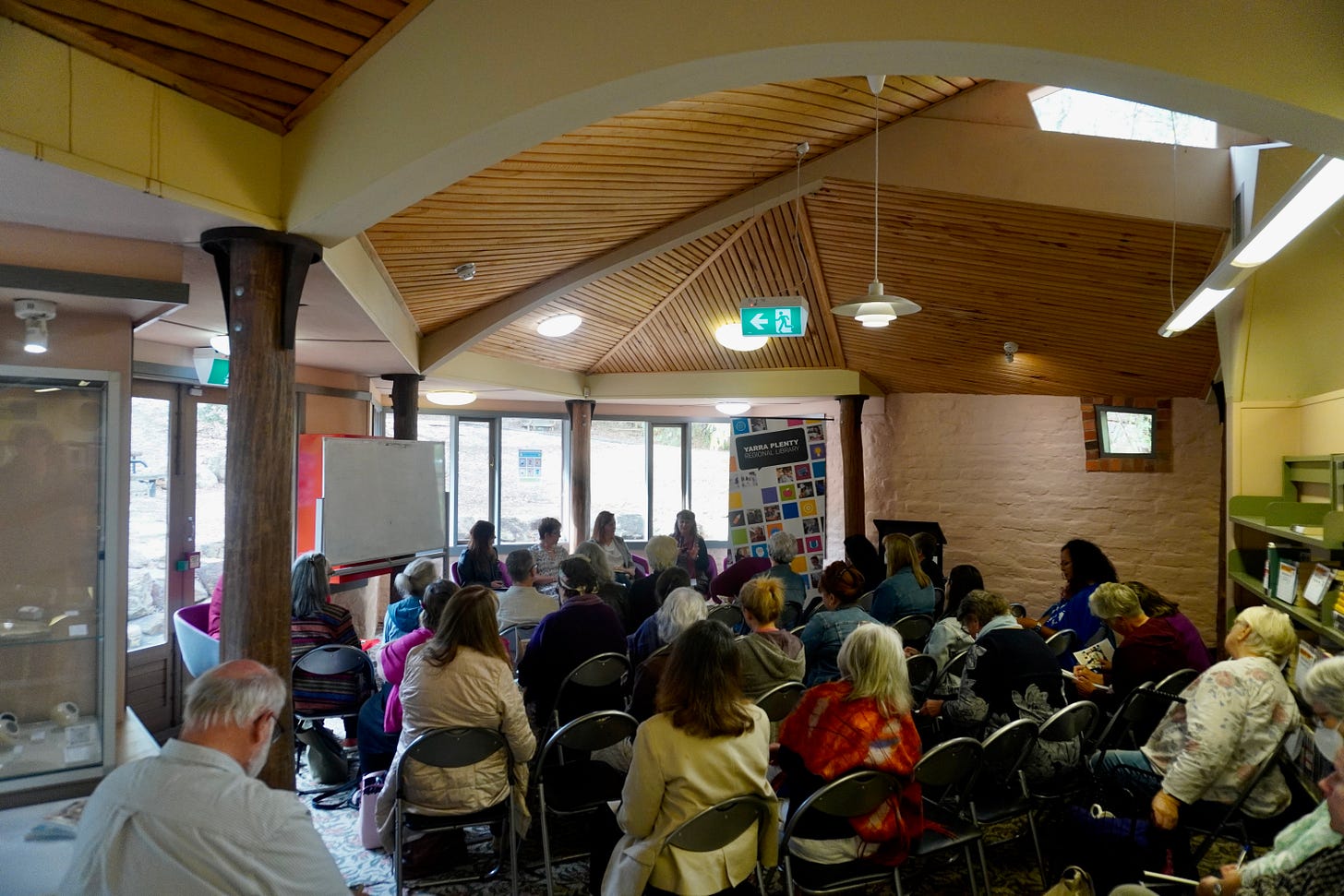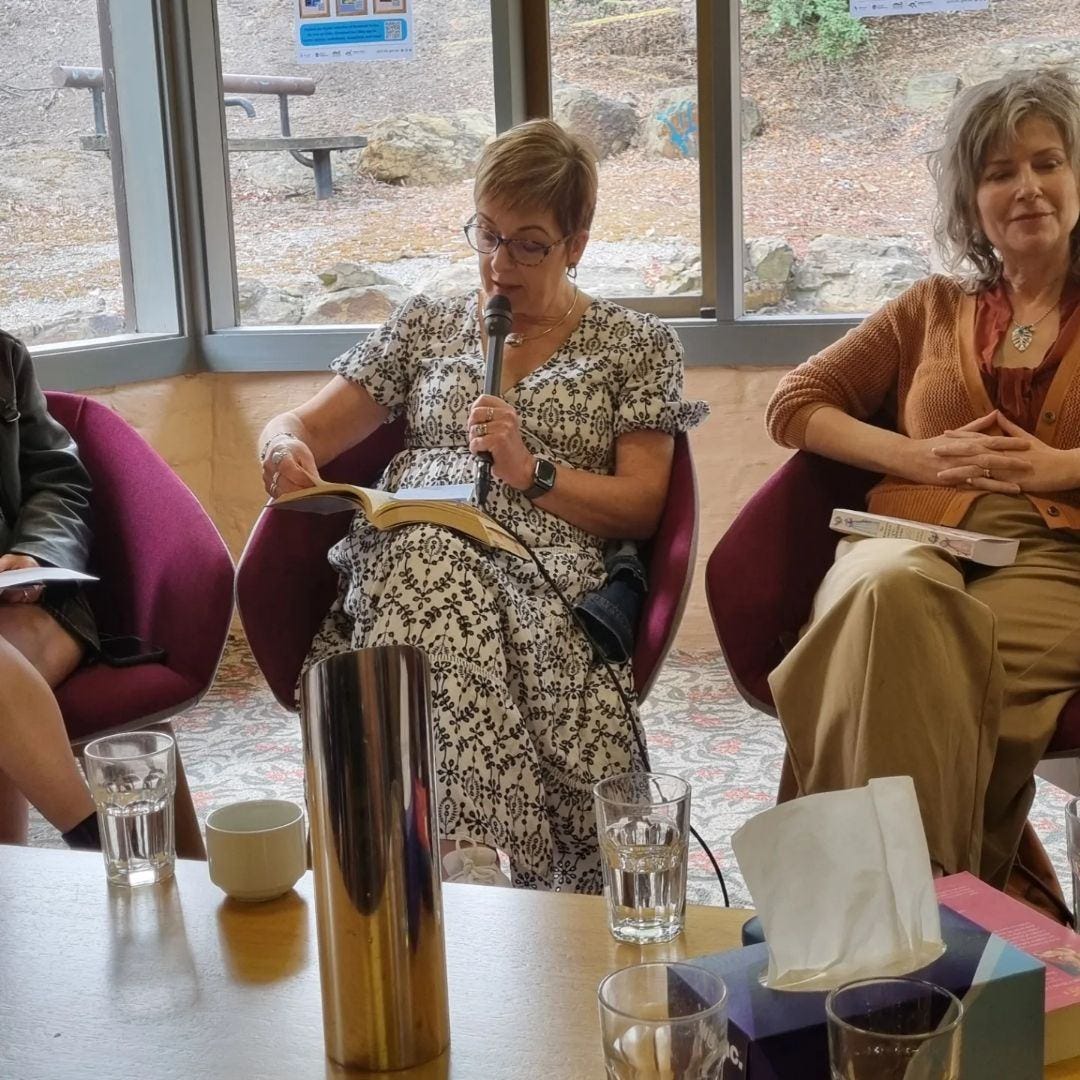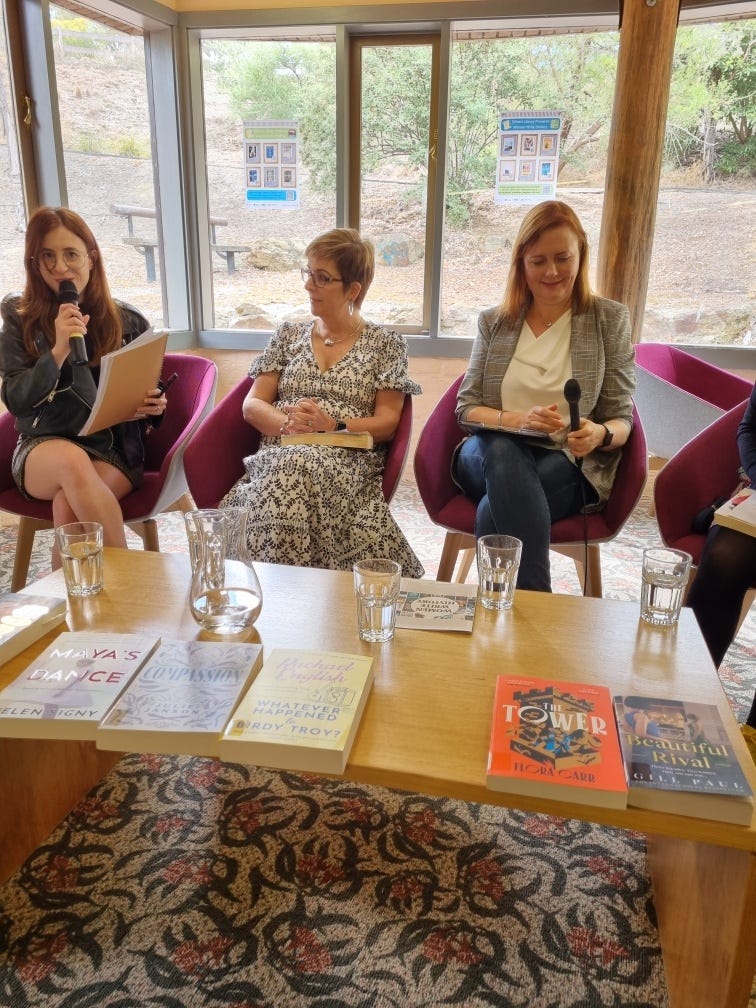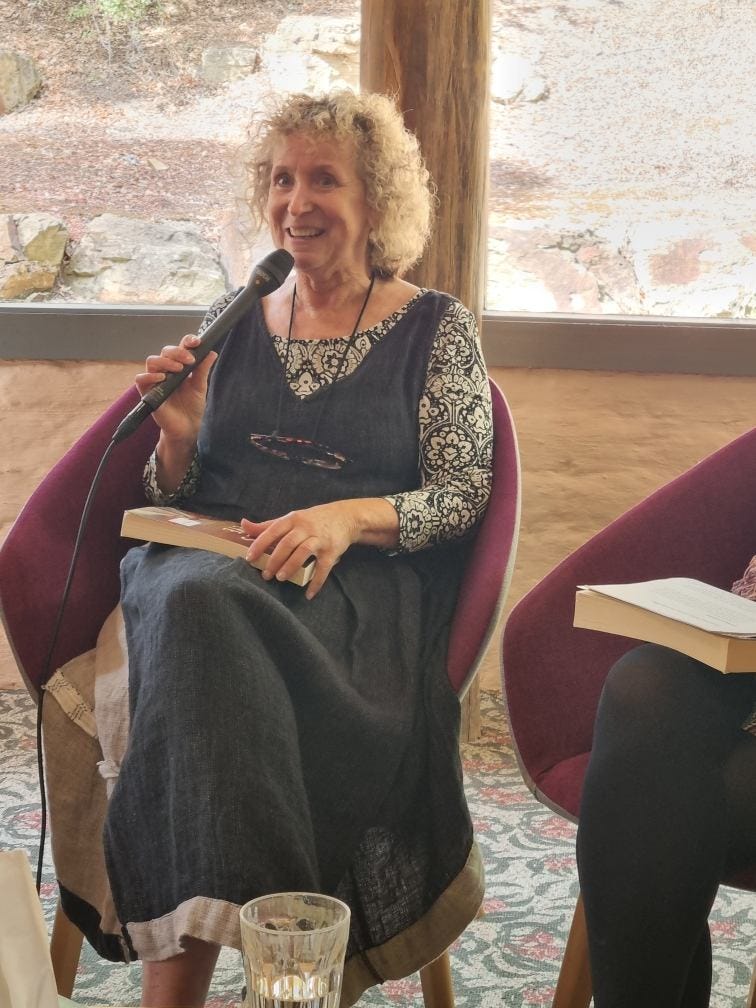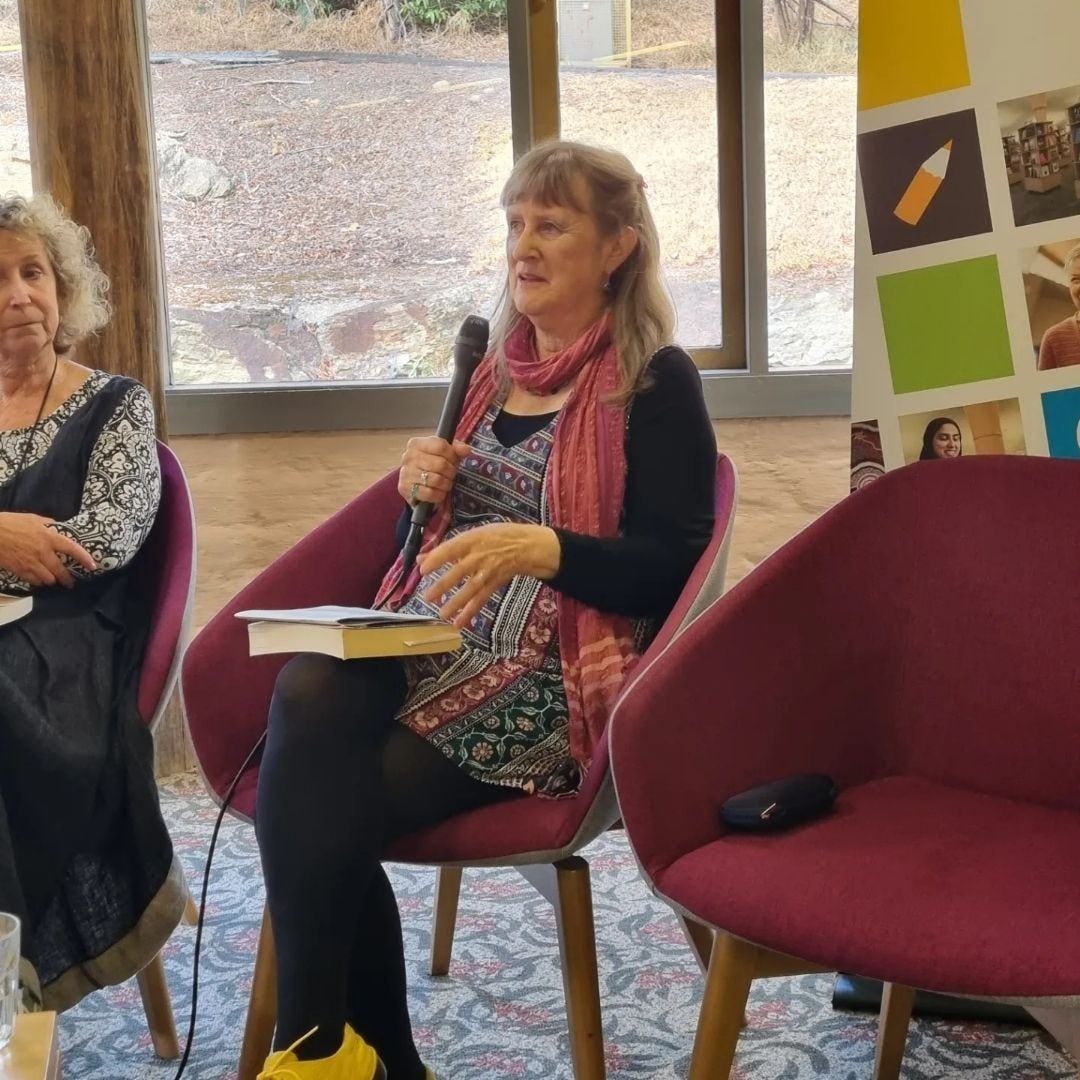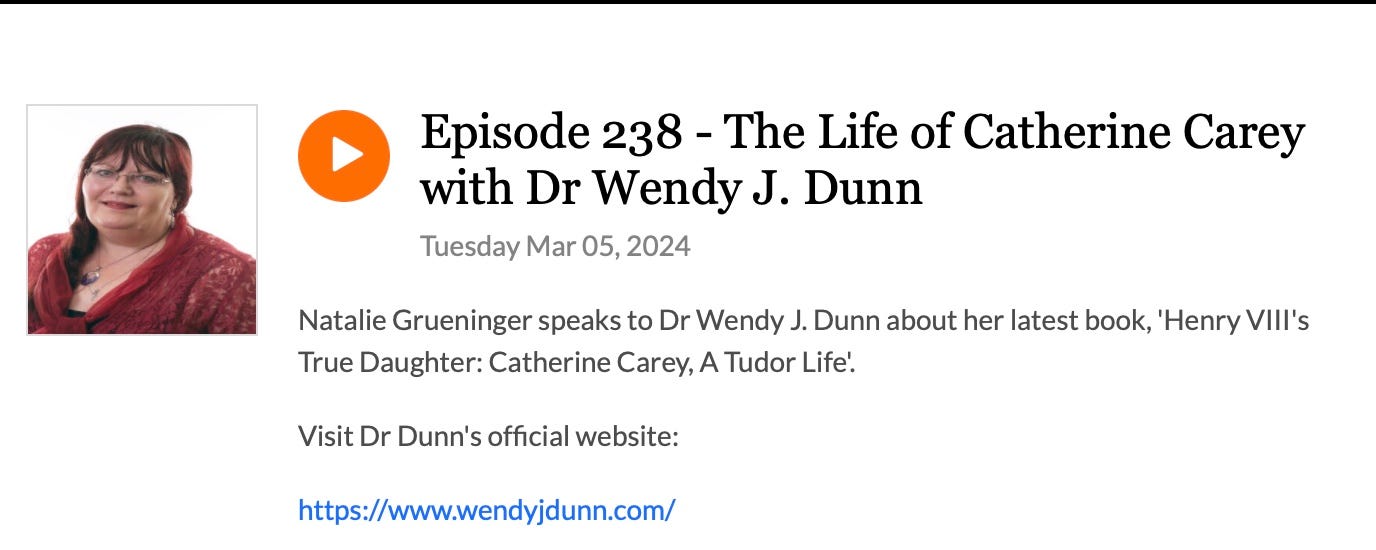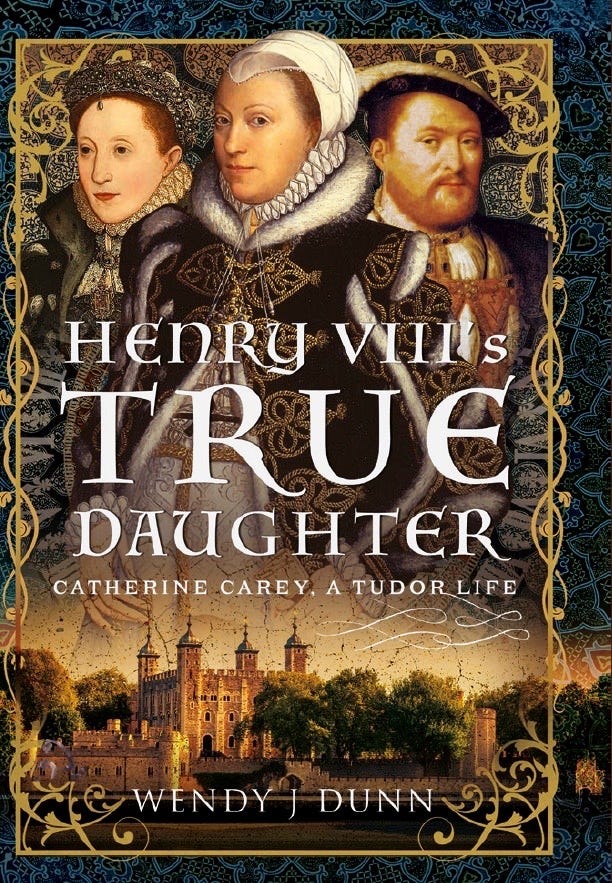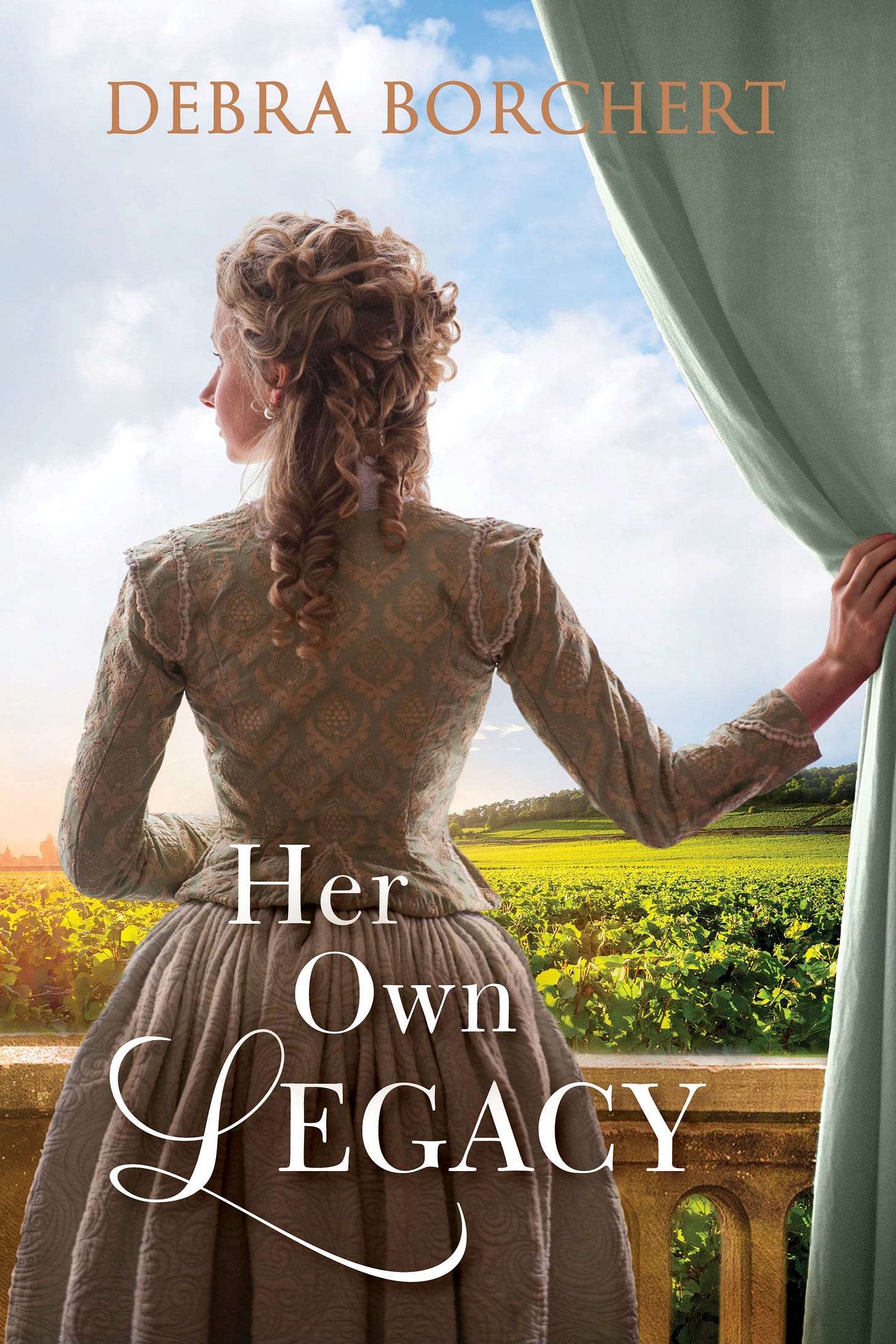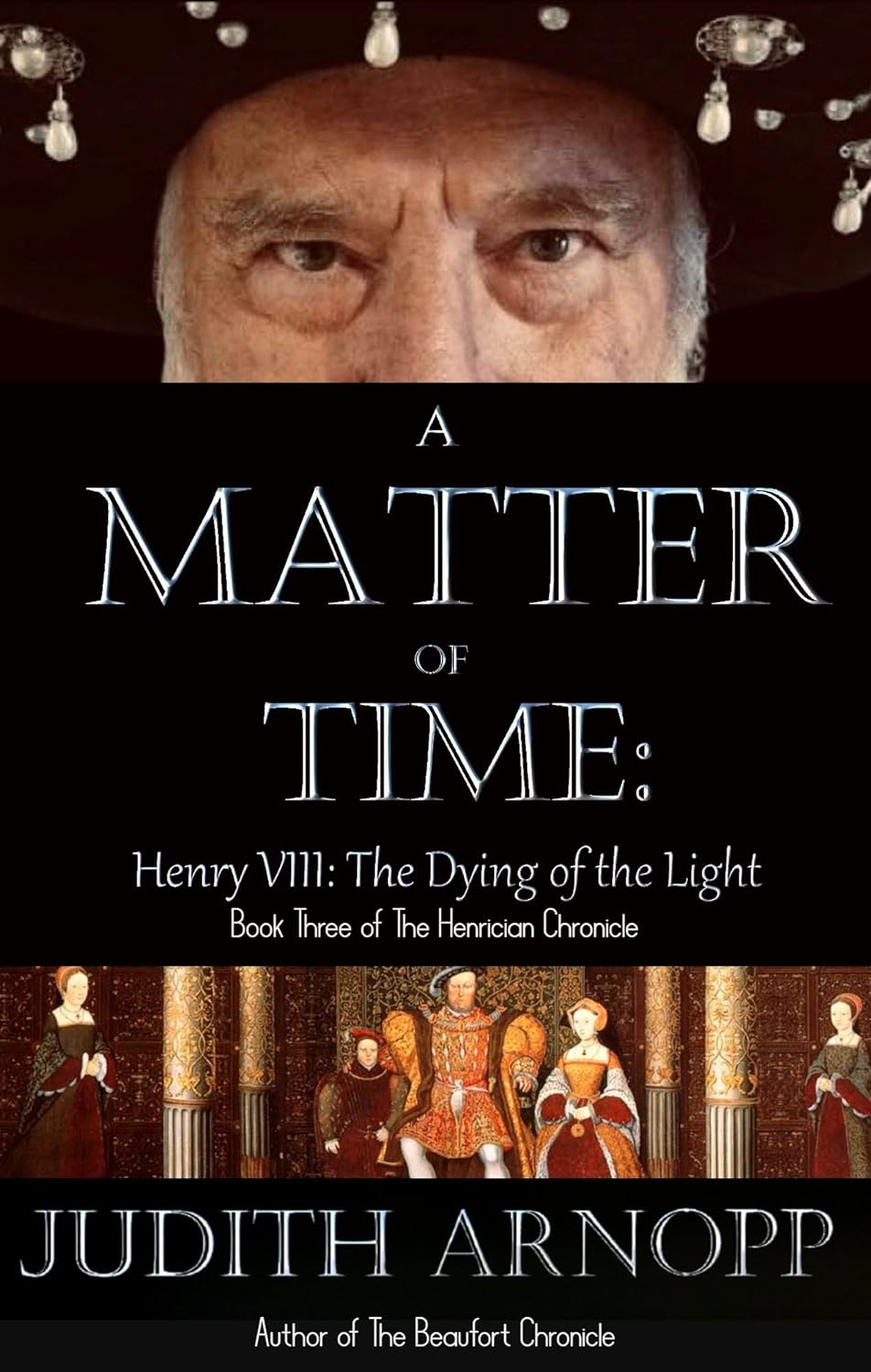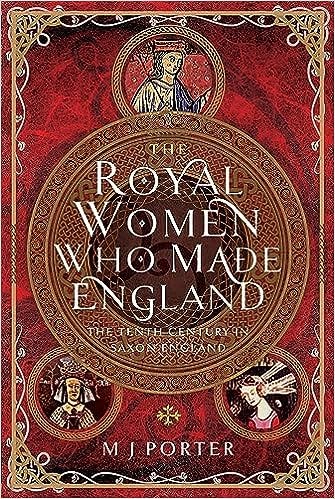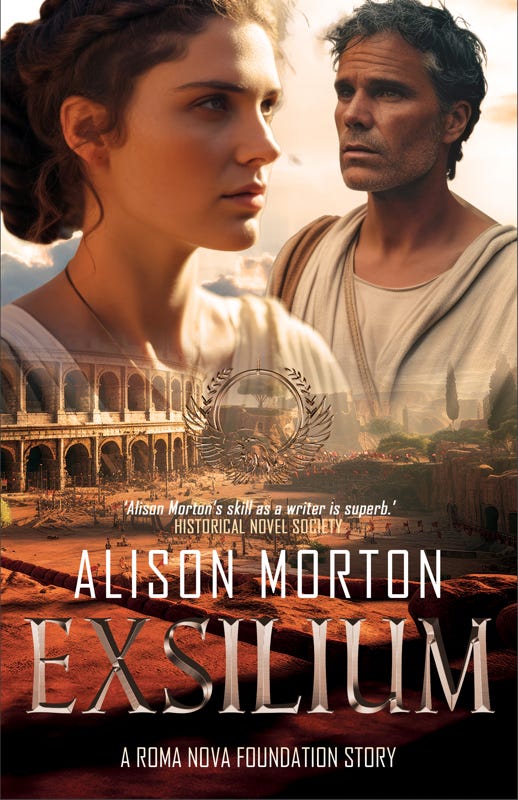Wendy's Writing World
“You have to write the book that wants to be written. And if the book will be too difficult for grown-ups, then you write it for children.” –Madeleine L’Engle
Time is flying by to April 30th — when I will board a plane that will take me a long, long way from home. My trip feels so close now I have even started packing — the little, useful things that I always forget to pack when it is time to work out what clothes to take for weeks away from home.
I’m looking forward (of course!) to spending lots of time with beloved friends I see so rarely because of distance. As well as that, I have days of research planned for my current works. My evenings alone will see me keep up with my online tutoring work for Swinburne University.
Will all that make time fly and, before I know it, I will be returning home? I don’t want this time to rush by — but life-full moments always seem to speed by.
Wrapping up the annual Women Write History event at Eltham library on Saturday really reminded me about that.
A lot of planning goes into this wonderful day of inspiration — then — like a hard to hold dream — it is over. Authors this year included Chris Bell, Alison Goodman, Leah Kaminsky, Robyn Cadwallader, and Marion Taffe, whose first historical fiction novel steps out into the published world next year.
It was really an unforgettable, stimulating day — so much so, one of the people who came to the event even wrote an entire blog post about it!
What else have I been doing since my last newsletter?
I was delighted to speak to Natalie Grueninger Dunn on her Talking Tudor Podcast about 'Henry VIII's True Daughter: Catherine Carey, A Tudor Life'.
I also found time to write a review for Brook Allen’s latest novel, West of Santillane.
“But the effect of her being on those around her was incalculably diffusive: for the growing good of the world is partly dependent on unhistoric acts; and that things are not so ill with you and me as they might have been, is half owing to the number who lived faithfully a hidden life, and rest in unvisited tombs.”
― George Eliot, Middlemarch
Far too often, long ago history forgets women’s lives — or — if history remembers women at all – they are remembered simply as mothers, daughters, wives of men. In the last five hundred years of the Western World, history has been kinder. It provides us with the names of women, their birthdates, dates they married, the dates they gave birth to their children, the dates they buried their children, and the dates of their own death, but other than that, we still know so little about the substance of their lives. This is even the case when the woman is the mother, daughter, sister, or wife of a famous man.
In West of Santillane, Allen takes up the challenge to tell the story of one of these forgotten women, Julia Clark, the wife of the explorer William Clark. Very young when she married the much older Clark and still young when she died around twelve years later, after birthing five children during their marriage, history tells us little about her. Now Allen paints for readers a vivid Julia and a story few will forget.
Julia is an engaging. feisty girl – a girl confronted early in childhood with the evil of her times – when people accepted slavery as a way of life. This experience shapes her and confronts her with the questions of whether it is right to own slaves or to believe you are superior to others because of the colour of your skin. They are questions that Julia answers by following the dictates of her courageous heart.
I loved the first-person voice Allen uses in this novel – it is not only perfectly pitched, but immediately introduces to the reader Julia as a three-dimensional, engaging, empathetic and believable character. Julia is a wonderful narrator who carries the reader through this novel to the very end.
West of Santillane is a skilfully written and finely researched work of historical fiction. It takes the reader back to a time when the United States of America was still in its infancy – when it was not easy life for anyone. Life was dangerous and heartbreaking – and this reality is shown eloquently through the experiences of the intelligent and sensitive Julia, who finds herself claiming her identity from beneath the shadow of William Clark, her famous, beloved husband. He is a man who will learn a lot from his young wife.
Eliot speaks the truth when she says, ‘the growing good of the world is partly dependent on unhistoric acts.’ What is also true is that women performed so many of these acts. Allen shows Julia Clark as a remarkable woman who carved out her own story just as powerfully as men remembered by history.
A brilliant and wonderfully told novel!
Highly recommended!

